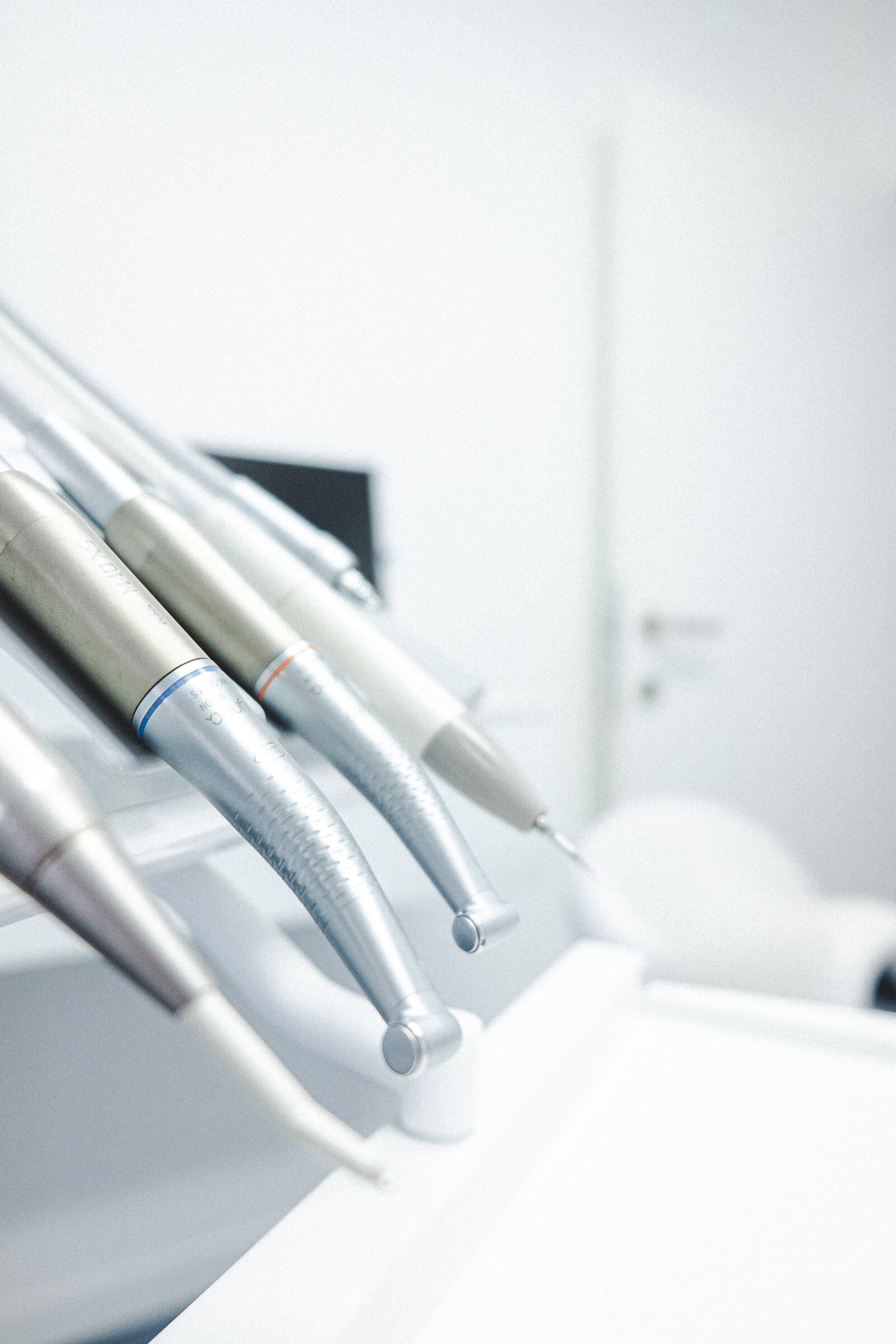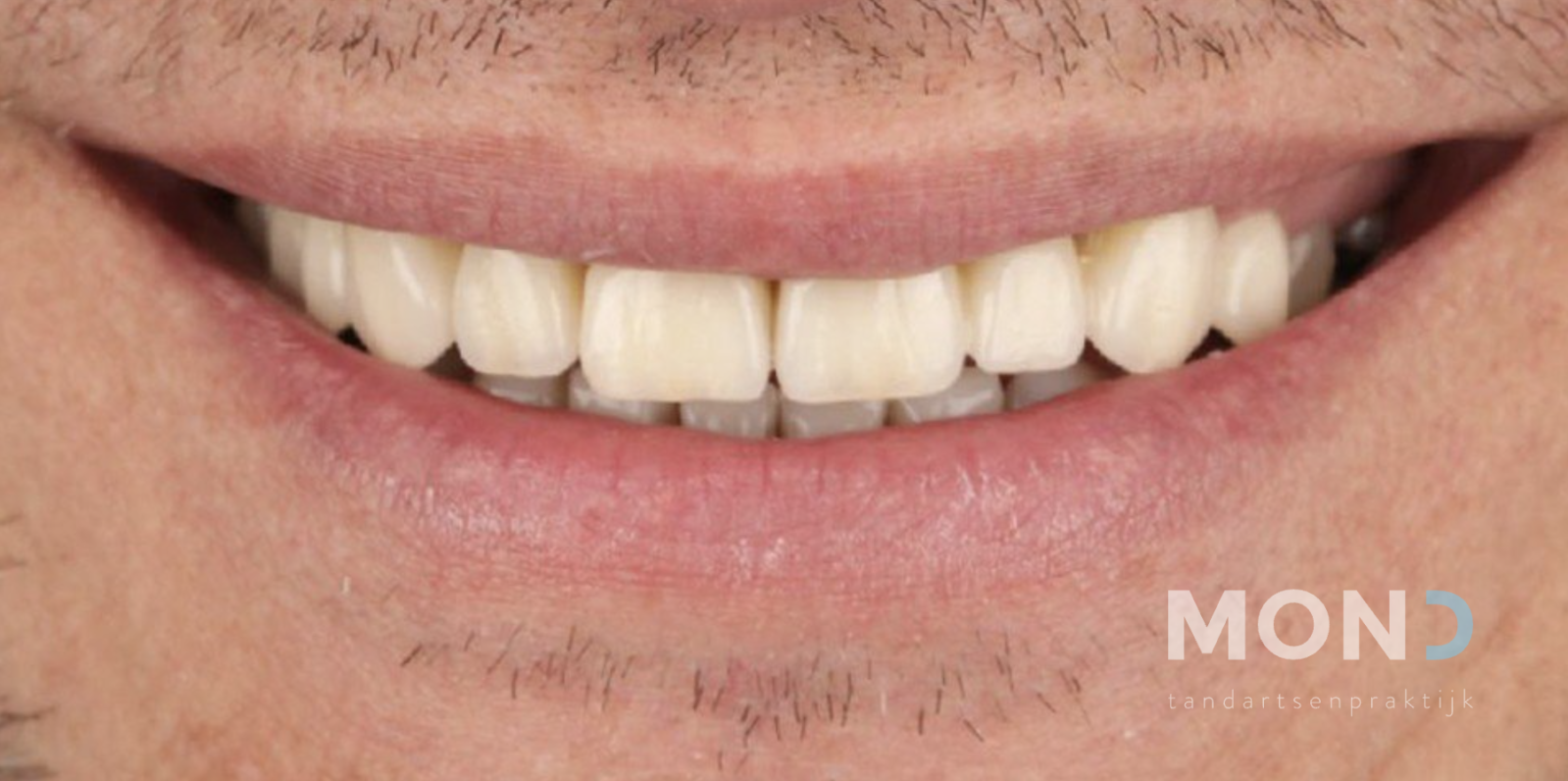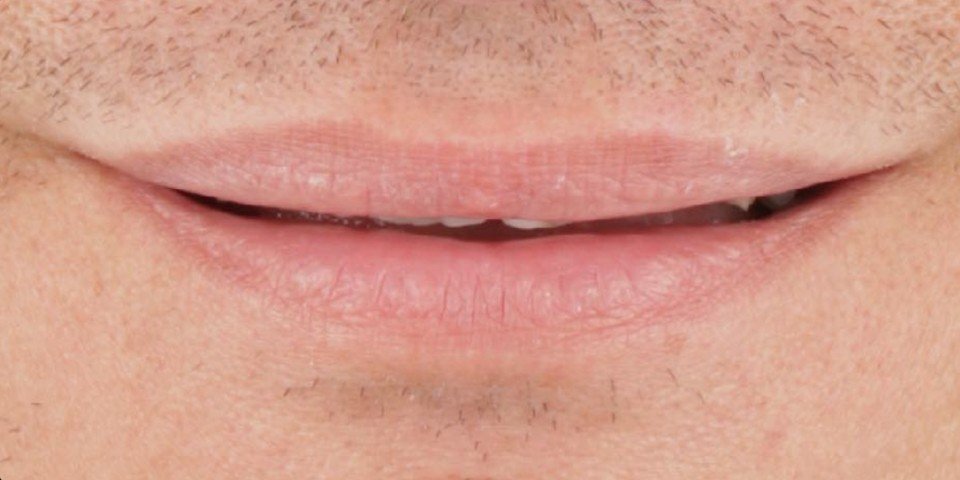Endodontics or root canal treatments
Endodontics is the study of the nerve canal within dentistry. Colloquially, this treatment is better as “having a root canal”.
Endodontics is a specialist field within dentistry
In the past, a root canal was often seen as a quick way to obtain pain relief, since the pulp of the tooth was removed. Over the past 30 years, however, this has evolved into a distinct specialisation within dentistry, which is why our dental specialists have completed an additional 3-year advanced master’s programme (a Master-Na-Master course). After all, dental pulp forms a complex component of the tooth and is no longer regarded as just the canal into which a nerve runs.
When is a root canal necessary?
In the centre of the tooth is the pulp chamber into which both blood vessels and nerves enter through the root. These ensure a flow of blood to the tooth and allow us to experience cold and heat. This compound can become inflamed and the associated swelling causes a sensation of pain through stimuli such as cold and heat. Although it may start out mild at first, it can sometimes get so bad that even pain medication no longer helps.
The pulp of the tooth can become irritated and subsequently inflamed from the following causes:
- Tooth decay (caries) that run deep into the tooth
- A crack caused by clamping down, grinding or an old filling
- A new, deep filling close to the nerve
- Irritation from the heat when grinding for a crown or bridge
- Resorption due to uneven loading of the teeth
- Trauma or fracture of the tooth exposing the nerve
When this irritation results from bacteria entering the pulp chamber through holes in the tooth, it becomes necessary to completely disinfect the nerve system to avoid future problems. In fact, experience has shown that many repeat root canal treatments are the result of previous root canal treatments where not all of the bacteria was removed or where the nerves and pulp were not adequately cleaned.

What happens with a root canal?
In specific terms, this treatment at MOND almost always follows the same step-by-step plan:
- A diagnosis is made on the basis of an examination and X-rays. In the case of complex problems, 3D imaging is also a possibility.
- Treatment will be scheduled or started, at which point you will also be told the cost.
- The treatment itself takes 1 to 2 hours (a molar can sometimes has 4 nerve canals, whereas an incisor often only has 1).
- The dentist will always use the correct local anaesthetic so that the treatment is painless.
- Afterwards, the tooth is opened up by creating a small passage through the chewing surface or through the crown or bridge (in the event that it can be retained).
- Once the nerve canal can be accessed, all of the affected nerve tissue is removed using very delicate sterile instruments that have been adapted to the complex anatomy of these curved, very fine canals, thereby ensuring no additional damage is caused to them.
- Because this work is so delicate, our specialists use a microscope in order to properly inspect everything deep inside the root canal.
- During this treatment, the canals are extensively flushed out and disinfected with antibacterial rinsing agents to ensure everything is as clean as possible.
- The sterile root canal system is then completely filled with a liquid rubber paste that follows the anatomy of the tooth.
- In the final stage, access to the canal is closed by using a permanent or temporary filling depending on the time available or what follow-up treatment (crown or filling) is required.
- These treatments are carried out under a rubber dam (also known as a dental dam) to prevent your saliva from being contaminated by bacteria and to provide you with protection from the often sharp instruments that are used during the procedure (such as rotary files and drills).
Additional surgery
In some cases, inflammation on the nerve might have already extended to the jawbone. In these cases, treatment must be carried out in several stages: the inflammation must first be got under control before the tooth is then filled.
If repeated root canal treatments prove unsuccessful due to broken instruments, persistent bacterial infections or a complex root canal anatomy, additional surgery may be required. At this stage, a small opening will be made through the gums to the root tip so that the root tip and any visibly noticeable infection can be removed. This procedure is performed under local anaesthesia in sterile conditions.

Will my teeth become discoloured after a root canal treatment?
Up-to-date materials and techniques ensure that a tooth that has undergone a root canal procedure will not become discoloured after treatment. Conversely, a tooth that has turned grey as a result of an old nerve problem could become paler again through the combination of a proper root canal treatment and bleaching of the pulp chamber.
How much will a root canal treatment cost?
Since our dental specialists have undergone additional training and use expensive, special materials such as NiTi rotary files and microscopy, this treatment is deemed non-conventional. This means that the additional fee supplement will be a lot higher than the traditional amount reimbursed. Additional insurance in the form of a dental plan can often cover these extra costs.
Recover you smile


Porcelain bridgework for bite restoration
Discover this smile | Porcelain bridgework for bite restorationIs a endodontics or root canal treatments something you’re interested in?
Check out the practices that offer endodontics or root canal treatments below:
MOND Groen Kwartier
Pater Pirestraat 50,
2018 Antwerpen
MOND Paro Plus
Louis Marcelisstraat 25a,
1970 Wezembeek-Oppem
